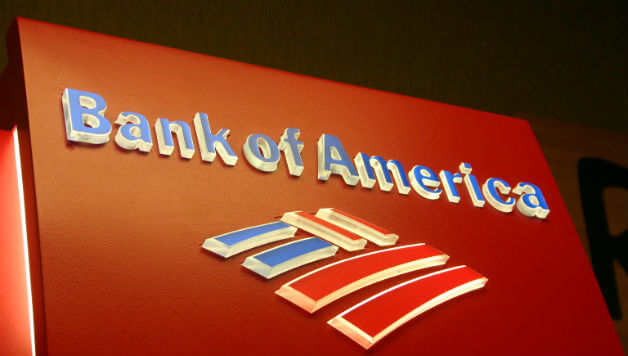The California Supreme Court issued two decisions in August that arguably expanded the reach of the UCL: Zhang v. Superior Court, 2013 WL 3942607 (Aug. 1, 2013) and Rose v. Bank of America, 2013 WL 396613 (Aug. 1, 2013). Both cases revisited an issue practitioners have not seen for a while—the scope of the Cel-Tech safe harbor.
In 2000, the California Supreme Court established a UCL “safe harbor” in Cel-Tech Communications, Inc. v. Los Angeles Cellular Telephone Co., 20 Cal. 4th 163 (2000), holding essentially that a plaintiff could not “plead around” a legislative bar to an action by recasting it as one for violation of the UCL. However, the Cel-Tech rule expressly did not prohibit a UCL action “merely because some other statute on the subject does not, itself, provide for the action or prohibit the challenged conduct.” Id. at 183. Rather, the Court held that legislation must actually bar the action, noting difference between not making an activity unlawful and making that activity lawful. Id. at 183.
Zhang’s suit was against an insurance carrier for false advertising which brought the California Unfair Insurance Practices Act (“UIPA”), legislation under which there is no private right of action, into play. The defense asserted (familiarly) that the FAL action was barred because the conduct that Zhang challenged was conduct covered by the UIPA and there is no private right of action under the UIPA. The Supreme Court disagreed, holding that the claim was one for false advertising, not unfair insurance settlement practices, and, as such, was not barred by the UIPA. Relying on decades old authority, the Court noted that the cumulative nature of the UCL allows a suit to be based on conduct governed by another statute, even if that statute forbids private causes of action, unless the Cel-Tech safe harbor applies.
Then came Rose. In Rose, the plaintiff “borrowed” the federal Truth in Savings Act as her statutory predicate. The Truth in Savings Act does not afford a private right of action but it does have a savings clause that allows states to regulate bank disclosures consistently with the Act. Defendants argued preemption, but relying on the savings clause, the Court had no problem allowing the UCL claim to continue: plaintiff was not attempting to bring a private action under the Truth in Savings Act but instead was pursuing consistent state remedies under the UCL which the statute allowed.
Every cloud has its silver lining, though, and the silver lining here is in the remedies. Both decisions emphasized the limited nature of UCL remedies. And Zhang reiterated that restitution for purposes of the UCL is limited to the “restoration of any interest in ‘money or property, real or personal, which may have been acquired by means of such unfair competition.” A restitution order against a defendant thus requires both that money or property have been lost by a plaintiff, on the one hand, and that it have [sic] been acquired by a defendant, on the other.” Id. at *3, citing, Kwikset Corp. v. Sup. Ct., 51 Cal. 4th 310 (2011). The Court justified its outcome at least in part on the very limited remedies available under the UCL. Accordingly, the decisions should quell attempts to expand the scope of UCL restitution.


